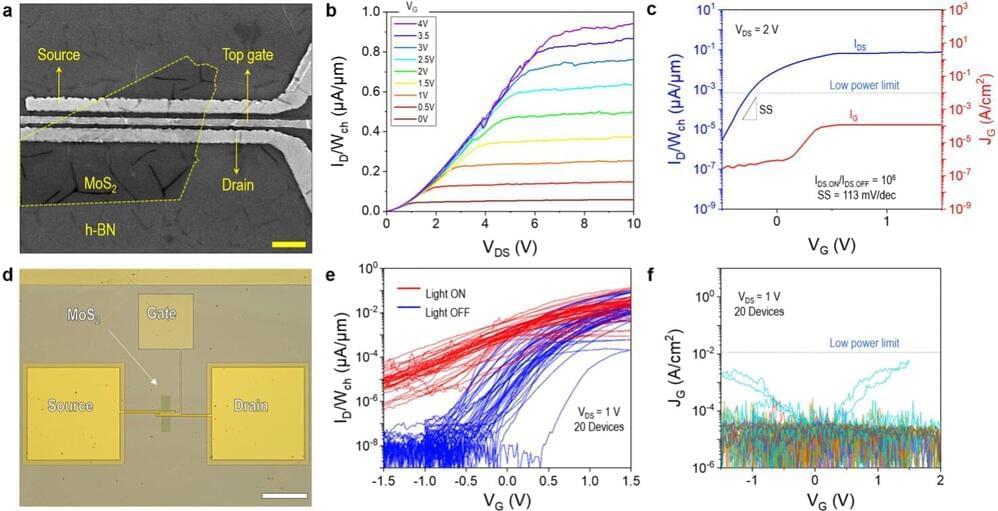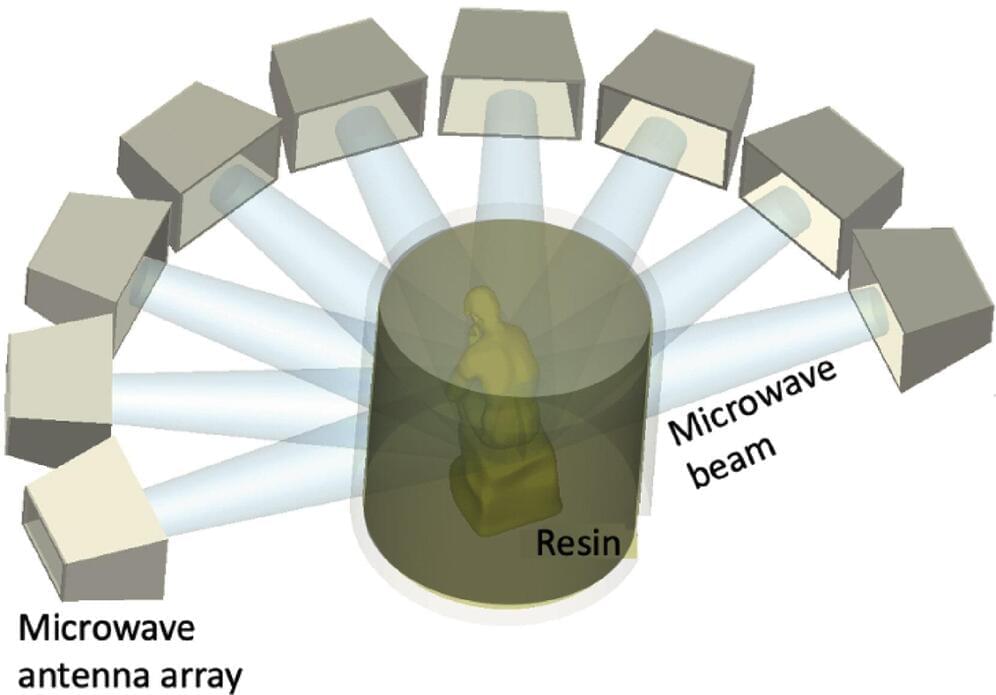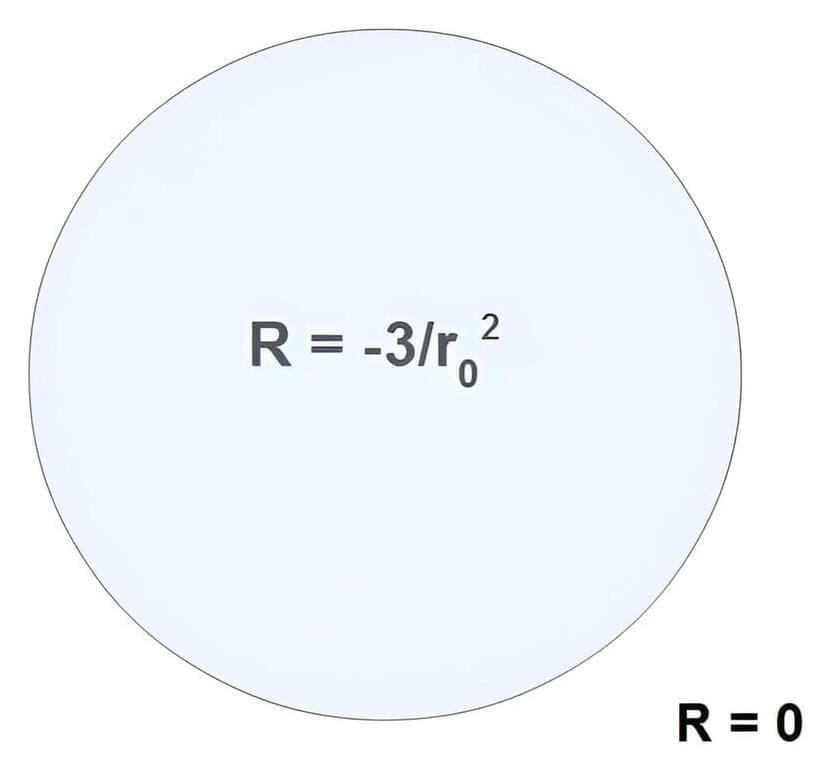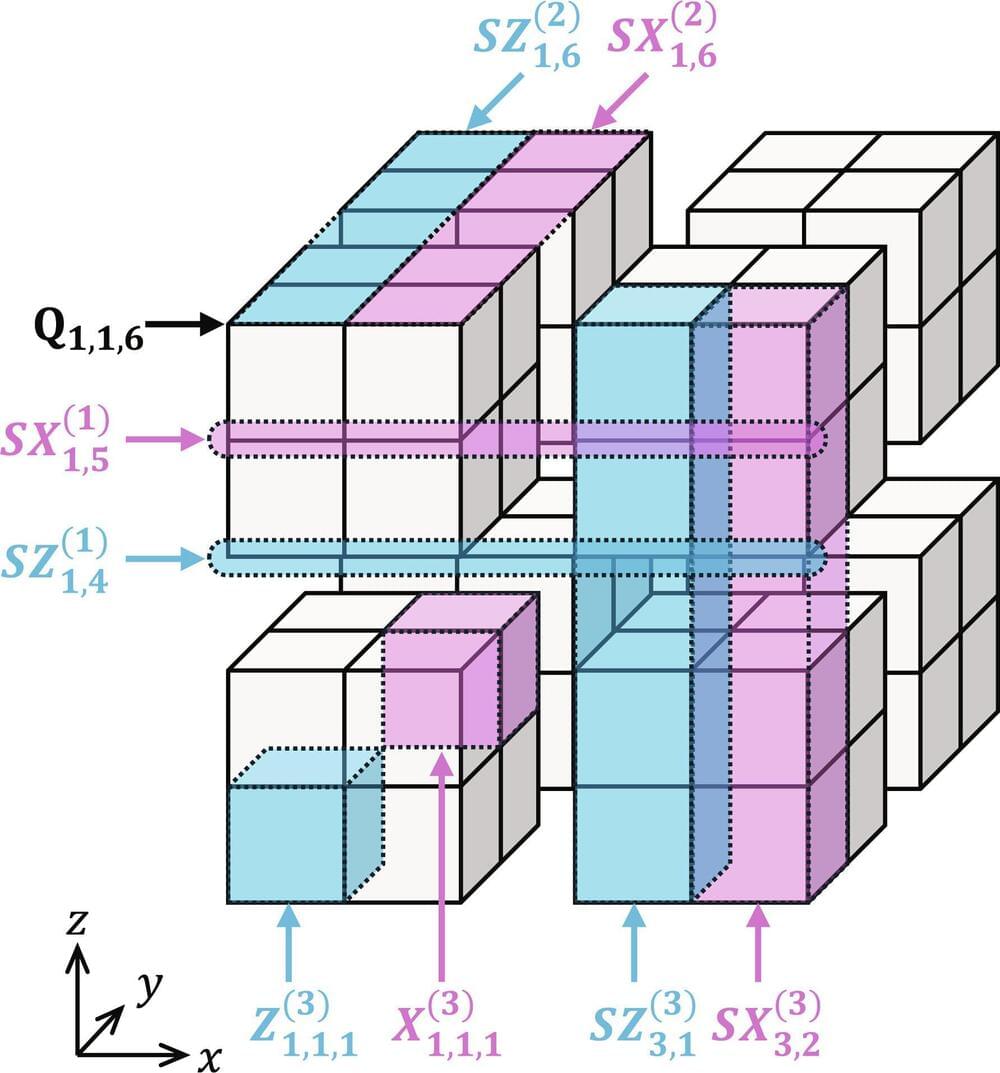ARLINGTON, Va. — Two SpaceX-built satellites successfully exchanged data using optical communications terminals in a milestone for the U.S. Space Development Agency (SDA), the agency’s director Derek Tournear said Sept. 4.
The satellites, part of SDA’s Tranche 0 experimental spacecraft in low Earth orbit, used laser terminals manufactured by Tesat-Spacecom to communicate. This marks the first time the agency has demonstrated laser communications in space using optical terminals compliant with military standards required for SDA satellites.
“We had not previously demonstrated laser communications,” Tournear said at a DefenseNews conference. He reported that the data exchange occurred on September 3, with the satellites establishing a connection in under 100 seconds and maintaining it for several hours.









